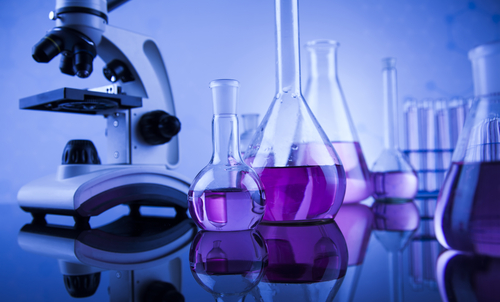
The International Union of Pure and Applied Chemistry (IUPAC), along with 40 international and national scientific societies from Africa, Europe, the Middle East and North America, recently condemned the use of chlorine as a weapon.
The scientific societies, in letters to Ahmet Üzümcü, director of the Organization for the Prohibition of Chemical Weapons (OPCW), expressed concerns regarding recent reports about the use of chemicals, particularly chlorine, as weapons in Syria and other locations.
“We are writing to you on behalf of the U.S. chemistry enterprise to express concerns about recent reports from Aleppo about the use of chlorine compounds as chemical weapons,” the American Chemical Society and American Chemistry Council wrote in a joint letter.
“Our organizations deplore the use of chlorine in this manner. The indiscriminate attacks, possibly carried out by a member state of the Chemical Weapons Convention (CWC), is of concern to chemical scientists and engineers around the globe and we stand ready to support your mission of implementing the CWC,” the letter said.
Üzümcü said, “This show of support reveals that the global norm against the use of chemical weapons remains firm.”
According to the Chemical Weapons Convention the use, stockpiling, distribution, development or storage of any chemical weapons is forbidden by any of the 192 state party signatories. To date, approximately 94 percent of all chemical weapons stockpiles declared by possessor states have been destroyed under OPCW verification.
The IUPAC is a world authority on chemical nomenclature and terminology and is a leader in the provision of objective scientific expertise for the resolution of issues that affect every aspect of chemistry. The organization’s membership comprises more than 50 national member countries, 31 associated organizations and 58 company associates.




